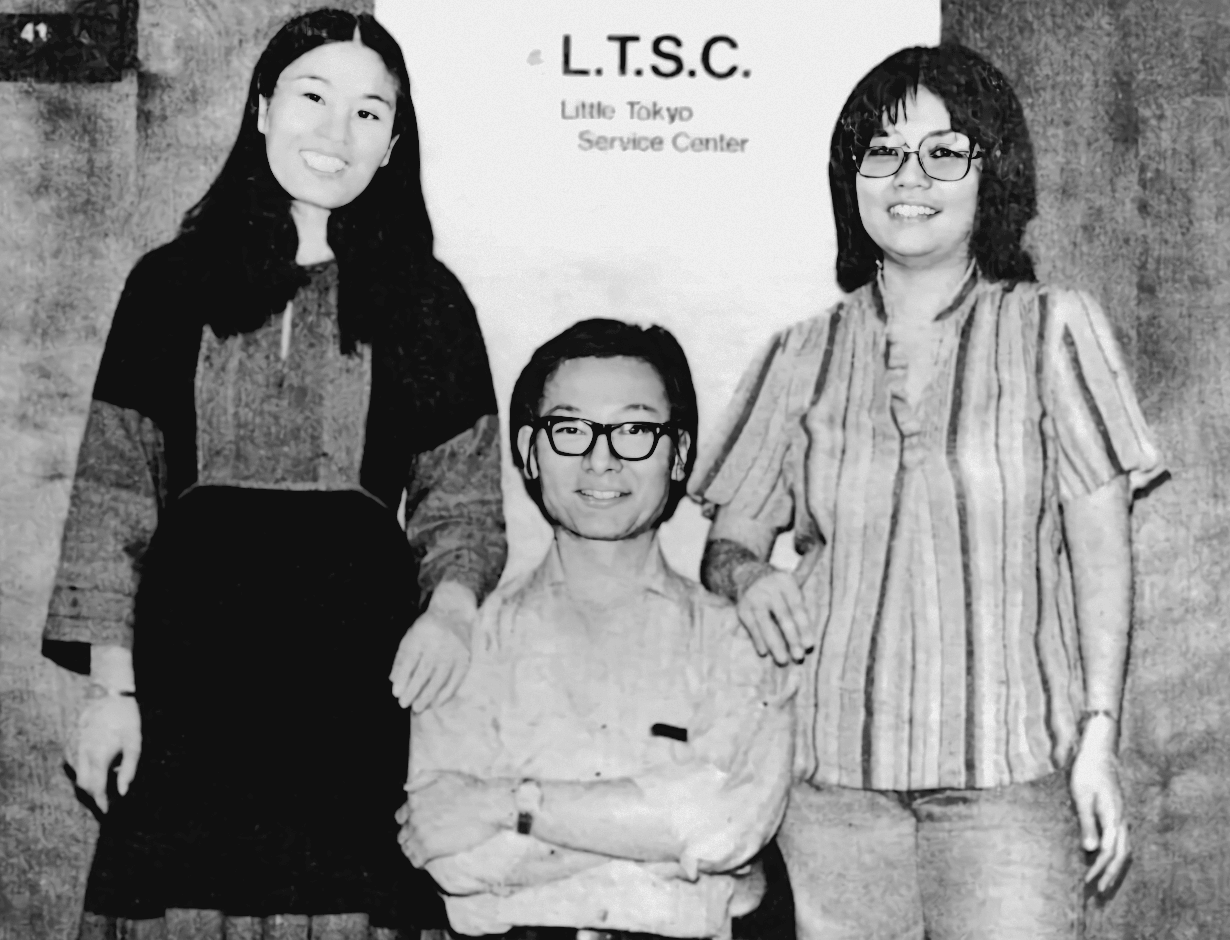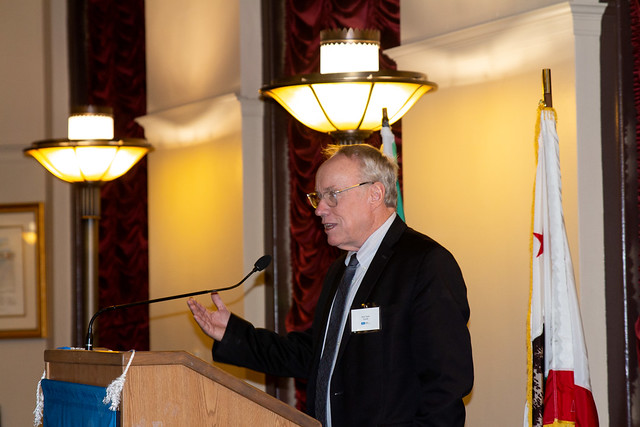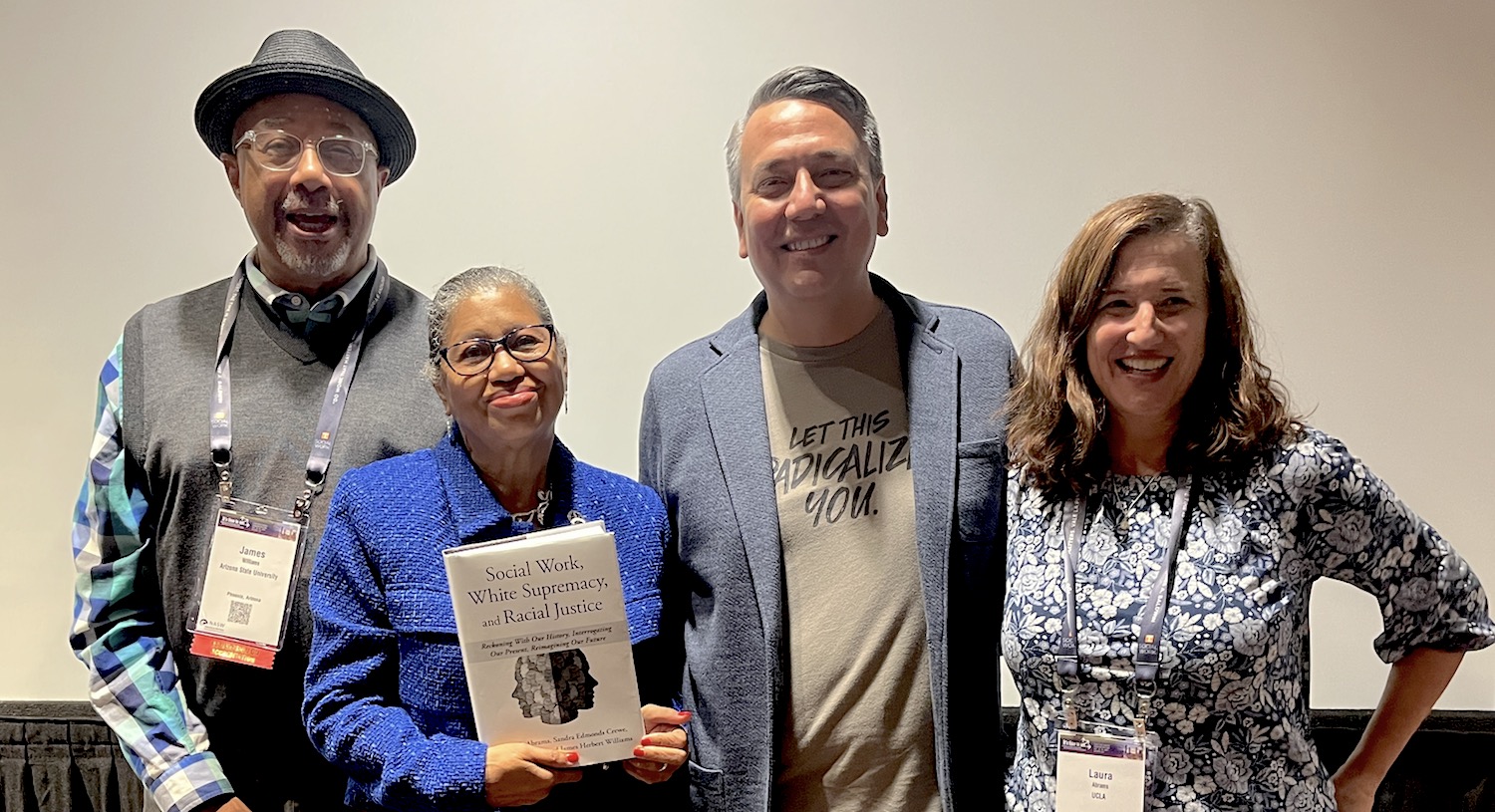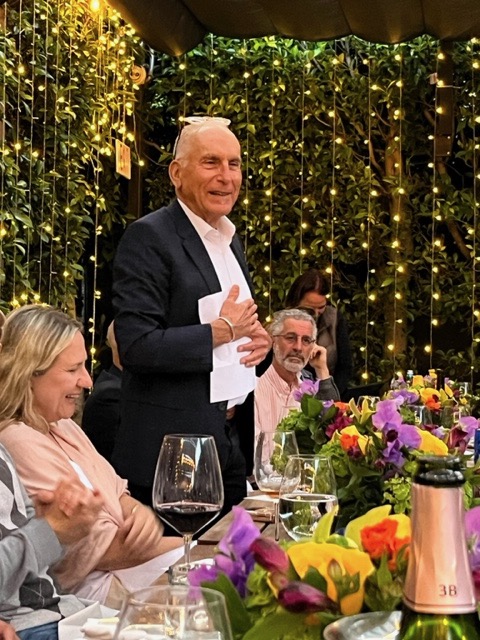Luskin School Adds 2 Tenure-Track Faculty Social Welfare scholar focuses on health equity and race, while Urban Planning addition has experience in real estate development and land use policy
By Stan Paul
Two new additions have joined UCLA Luskin’s faculty this summer, bringing research experience and teaching expertise to its graduate and undergraduate programs.
Sicong “Summer” Sun, most recently at the School of Social Welfare at the University of Kansas, is UCLA Luskin Social Welfare’s newest assistant professor. Minjee Kim, previously in Florida State University’s department of urban and regional planning, is a new assistant professor in urban planning.
Laura Abrams, professor and outgoing chair of Social Welfare, announced Sun’s appointment. “Summer is conducting critical work on the intersections of poverty, race and health and will add greatly to our mission of advancing knowledge, practice and policy for a just society,” she said.
Sun studied at the Brown School at Washington University in St. Louis, earning a doctorate and a master’s degree in social welfare, with a concentration in social and economic development and a specialization in research.
Their areas of interest include health equity and social determinants of health, race, ethnicity and immigration, as well as poverty, inequality and social mobility. One example of Sun’s work — the subject of their dissertation — is racial and ethnic differences in the relationship between wealth and health.
“My recent projects have been investigating how the relationship between wealth and health differ by race and ethnicity, how structural conditions shape people’s differential access to resources, thereby impacting their health and well-being,” Sun explained.
In addition to doing research, Sun will be teaching a graduate course this fall on the foundations of social welfare policy, followed in winter with a course on human behavior in the social environment focused on theoretical perspectives in social work and social welfare.
“I’m excited to expand my research, collaborate with colleagues across disciplines, and work with and learn from local community partners. I’m also looking forward to teaching and mentoring students,” Sun said. “I heard UCLA students are very passionate and smart, with many ideas to change the world. I’m eager to engage with them in the classroom, and support their research, practice and careers.”
Kim previously worked as an architect in Korea on projects from offices and buildings to parks, pavilions and master plans for new towns, turning to a career in academia upon developing an interest in public policy and planning. She earned master’s and doctoral degrees in urban planning at MIT.
“I really wanted to have a greater influence than standalone buildings or projects, which is what really got me interested in public policy as well as planning,” she said.
While pursuing her graduate degrees, she worked for the city of Cambridge as a research associate for the Community Development Department, and then at the development review unit at Boston’s Planning and Development Agency.
Kim began to realize how planning and real estate can have a synergistic relationship when working in these city departments. “I observed first-hand that when planners have an understanding of the real estate development process and the economics of it, they can use the tools under their belts to collaborate and negotiate with developers to identify solutions that can push real estate development towards more equitable outcomes,” Kim said.
Michael Manville, professor and chair of Urban Planning, said Kim’s diverse skill set will add value to the Design and Development concentration within Luskin Urban Planning, as well as to the new Master of Real Estate Development (MRED) program.
Kim’s vision for real estate development brings about positive change to historically marginalized communities. This is an approach that stands in sharp contrast to the historical practice of real estate development, which had been a tool for race and class exclusion, displacement and residential segregation. A new breed of equitable and socially responsible projects, Kim said, “can reduce the existing socioeconomic inequalities that have been created and perpetuated by past real estate development practices.”
Fittingly, Kim will be teaching graduate courses on public/private development and site planning, which will be about how planners, urban designers and developers can work together to identify creative solutions for building equitable, socially responsive and redemptive development projects. She will also teach a graduate course on zoning for equity, which she has taught previously as part of a multi-campus course in conjunction with Paavo Monkkonen, a UCLA Luskin professor of urban planning and public policy. In addition to these graduate courses, Kim will instruct students in the undergraduate major in public affairs.
“Minjee has already established herself as a productive scholar working at the intersection of land use regulation, real estate development and housing, so we’re thrilled to bring her on board,” Manville said.





